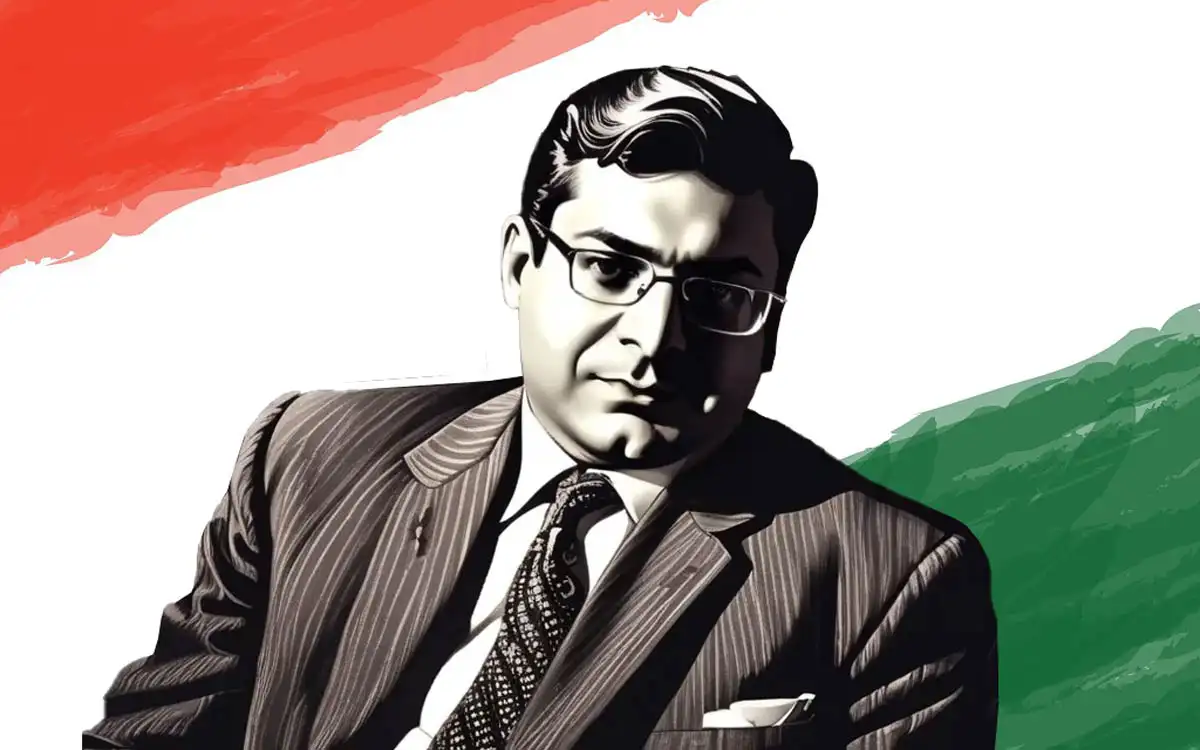He Said What? A Moment That Raises Eyebrows
During his visit and public appearance on RTP Madeira, India’s ambassador to Portugal, Punet Kundal, made comments about Indian workers that were quite unique, to say the least - not only for their message, but for how they were delivered. His statement, made while discussing the migration agreement between India and Portugal, said:
I think it's a well known fact that there is a shortage of workforce in Portugal, and we are happy to meet that, gap, the labor gap that you have. But we also want to do that in, more innovative ways. It is that we have, with Portugal, we have signed a migration mobility, agreement, which means that you can get people from India to work for the country, for Portugal, for limited periods of time, three years, five years, seven years, whatever you decide how much time do you want them to be here, and then you decide what you want to do with those people eventually.
Indian Ambassador to Portugal, RTP Madeira
“Decide What You Want to Do With Those People Eventually”
We likely never heard an ambassador speak of his own people, whom he represents, as “those people“ and it is unclear what is innovative about the approach he describes. Though the ambassador likely intended to highlight the agreement’s flexibility, the language used felt disturbingly awkward. It came across as tone-deaf to an extent - and it creates stereotypes about Asian workers as individuals meant to serve merely as workforce, not as people with aspirations beyond labor. Speaking about them in such a way, in particular by their own representatives, undermines their dignity and blocks the path to self-empowerment.
Imagine A European Ambassador Saying Similar Things
Cultural differences may partly explain the harsh phrasing. In India, a more collectivist framework can mean less emphasis on individual rights and emotional nuance in official speech. Still, the comment reveals deeper issues about how Indian workers are perceived, not just abroad, but by their own officials in the first place. Imagine an Italian, Portuguese or French Ambassador speaking similarly about their people: he would be an ambassador no longer.
Asian Workers Face Discrimination and Prejudice
We remember the recent outburst on social media, when a modified video launched a Xenophobic backlash against Asian foreigners queuing at DRETT. We read the most vile comments against peaceful people doing the jobs that most other foreigners and Portuguese now avoid. It is wrong and it must be called out, but it was not the first time this happened. There was no pushback from voices of the people that were targeted, just as there was no visible foreign workers’ participation in the struggle for better wages in the hospitality sector. And there are reasons for that.








Comments